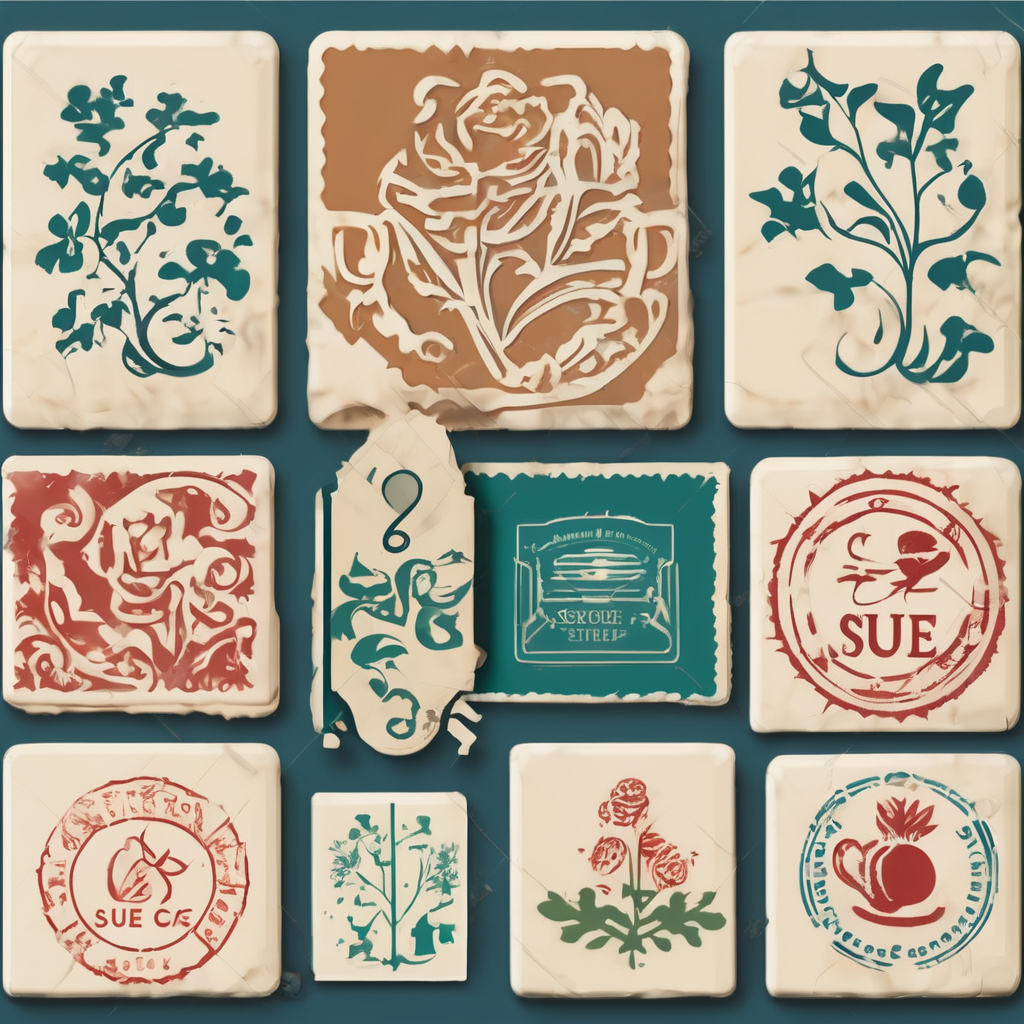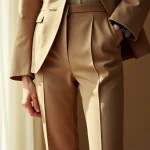Overview of Textile Innovations in Women’s Fashion
Textile innovations have revolutionised the landscape of women’s fashion by merging style with functionality. With technology advancement, new materials not only push the boundaries of aesthetics but also offer increased comfort and performance.
Recent strides in textile technology within the UK highlight a shift toward integrating these innovations into everyday wear. Smart fabrics, for instance, are becoming increasingly mainstream, blending digital connectivity with textiles to enhance user experiences. Whether it’s clothing that can monitor health metrics or garments that change colour with minor environmental shifts, the potential applications are expansive.
In the same genre : Discovering the UK’s Rising Fashion Stars: Essential Designers Creating Luxurious Evening Wear
Functionality in fashion isn’t just about high-tech solutions. Recent advancements have also focused on developing materials that address sustainability. Recycled fibers and biodegradable textiles are now pivotal, showing a commitment to reducing the fashion industry’s ecological impact.
The ethos behind these advancements is clear: fashion is no longer merely about style. Today’s trends emphasise the balance between innovation and practicality. As UK designers continue to break new ground, the scope for innovative materials becomes ever broadened, showcasing a harmonious integration of form and function that is destined to lead global fashion narratives.
Also to see : Revamp Your Office Attire: Creative Ways to Style Sheer Blouses for Professional Settings in the UK
Notable Textile Technologies Shaping Fashion Trends
The dynamic realm of textile technology is redefining fashion trends, merging aesthetics with cutting-edge functionality. At the forefront of this innovation are smart fabrics and versatile wearables.
Introduction to Smart Fabrics
Smart fabrics integrate digital technology with textiles. Questions arise: How do they transform women’s fashion? The answer lies in their ability to seamlessly blend technology into wearable items, creating garments that can, for example, monitor heart rates or adjust according to ambient temperature changes.
Sustainable Material Development
Textile innovations have extended their reach to include sustainable material creation. The surge of natural and recycled textiles marks a significant move towards eco-friendly fashion. These materials not only lessen environmental footprints but also align with shifting consumer values towards sustainability.
Performance Fabrics for Everyday Wear
A growing interest in active lifestyles has spurred the demand for performance fabrics. These textiles are engineered to offer comfort, flexibility, and durability, making everyday wear more adaptable to an active lifestyle. The benefits are clear: performance-oriented fabrics enhance mobility while providing the necessary support, maintaining a perfect blend between fashion and functionality. This synthesis of technology and style is paving new paths in the textile industry.
Case Studies of Influential UK Brands
Exploring the arena of UK fashion brands, several have distinguished themselves through pioneering textile innovation. A quintessential example is the fusion of tradition with technology displayed by Burberry, which skilfully integrates advanced textiles to enhance their rainwear’s functionality. Utilizing water-repellent smart fabrics, they maintain classic designs whilst offering modern-day practicality.
Innovative Collaborations
Creative partnerships often drive significant advancements. Stella McCartney has collaborated with Bolt Threads to produce clothes using sustainable materials like Mylo, a leather alternative derived from mycelium. This reflects both sustainability and creativity at its core. Such collaborations showcase how designer ingenuity and textile technology unite to craft high-performance garments.
Empowering Brand Narratives
Encouraging storytelling around sustainable practices cultivates stronger consumer connections. Brands like Vivienne Westwood deliver impactful narratives through eco-friendly collections, emphasizing the importance of ethical production. Through insightful brand storytelling, they not only highlight environmental consciousness but also inspire a change in consumer perception and behaviour.
These influential brands exemplify strength through textile innovation, pushing boundaries and setting benchmarks. From smart fabric integration to bold sustainable fashion initiatives, the UK’s fashion landscape is indeed marked by dynamic and forward-thinking collaborations. Such pioneering efforts are essential in shaping a sustainable and innovative future in women’s fashion.
Sustainability and Ethical Practices in Fashion Textiles
The demand for sustainable fashion continues to rise as consumers become increasingly environmentally conscious. Eco-friendly materials, such as organic cotton and Tencel, are now mainstream in textile production. These materials are praised for their lower environmental impact and biodegradability compared to conventional fabrics. Their role in modern fashion is significant, offering a sustainable alternative that doesn’t compromise quality or style.
Ensuring ethical production practices is another cornerstone of the fashion industry’s evolving landscape. These practices focus on fair wages, safe working conditions, and reducing waste throughout production processes. As ethicality becomes a priority, manufacturers are adopting transparent policies, allowing consumers to trace garment origins and manufacturing conditions.
Shifting consumer preferences are evident as more individuals align their purchasing decisions with sustainability values. Brands that emphasize eco-conscious practices often enjoy stronger loyalty and more profound consumer trust. Such respect evolves from their commitment to reducing their carbon footprint and upholding ethical standards.
Ultimately, the fashion industry is undergoing a transformation, with sustainability and ethics taking centre stage, steering the industry towards a more responsible and conscientious future.
The Future of Women’s Fashion and Textiles
In the ever-evolving world of women’s clothing, the next wave of fashion innovation will be defined by unprecedented textile advancements. Future trends predict a seamless integration of technology and accessibility, where garments serve dual purposes. Imagine a dress that beautifully transitions from a day in the office to an evening event while monitoring your vital signs—such is the potential of tomorrow’s fashion.
As we look ahead, the UK’s fashion industry is likely to embrace fashion innovation that prioritizes personalization. Techniques such as embedded technology can anticipate wearer preferences, offering a bespoke experience tailored to individual tastes. Innovative materials will cater to the demand for personalized experiences, encouraging brands to think creatively about their product offerings.
Consumer behaviour is also set for transformation, pushing accessibility to the forefront of fashion. There’s an increasing move toward inclusive design that caters to diverse body types and needs, supporting a broader audience. Within this framework, women’s fashion will not only reflect style but also enhance the quality of life—combining aesthetics, comfort, and technology in a cohesive fashion narrative that speaks to the emerging needs of our time.





